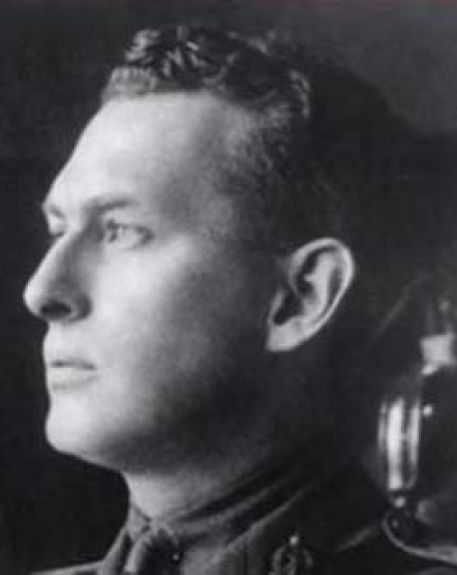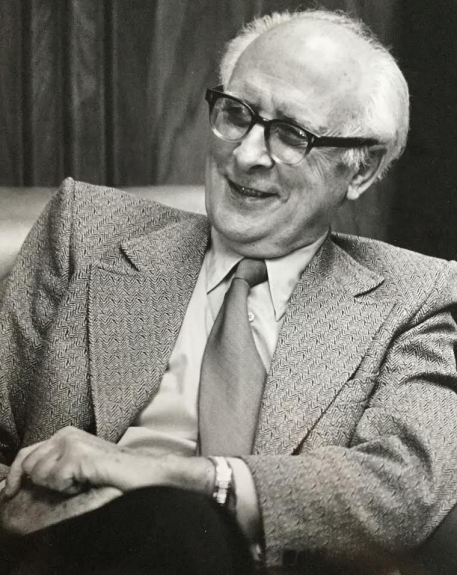2019 INDUCTEE G. Brock Chisholm, MD Brain & Mind, Global Health, Public Health, Health Promotion & Advocacy, Leadership in Organizational Development
May 18, 1896
(Oakville, Ontario)
February 4, 1971
MD, University of Toronto (1924)
Specialized in psychiatry, Yale University (1931)
1967: Companion of the Order of Canada
1963: Distinguished Fellow, American Psychiatric Association
See All AwardsAwards & Honours:
1967: Companion of the Order of Canada
1963: Distinguished Fellow, American Psychiatric Association
1960: Honorary Doctorate of Humane Letters, Brandeis University, Massachusetts
1960: Honorary Doctor of Science, Dartmouth College, New Hampshire
1959: Humanist of the Year from the American Humanist Association
1958: Honorary Life Member, Canadian Public Health Association
1957: Honorary President of the World Federalist Movement-Canada
1955: Honorary Doctor of Science, Wake Forest College, North Carolina
1954: Honorary Doctor of Science, University of British Columbia
1950: Honorary Doctorate, University of Nancy, France
1943: Commander, Order of the British Empire
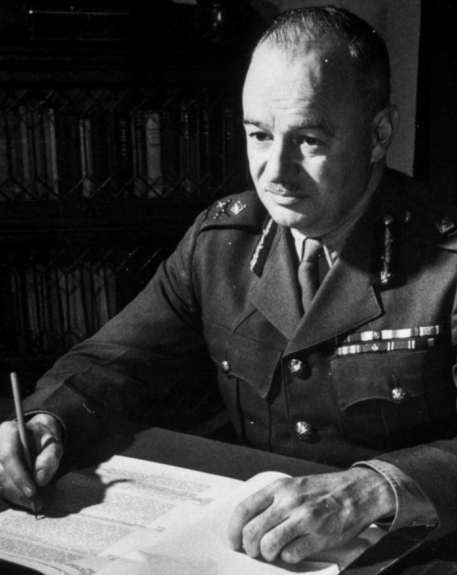
An advocate for mental health and world leader in the establishment of international health structures
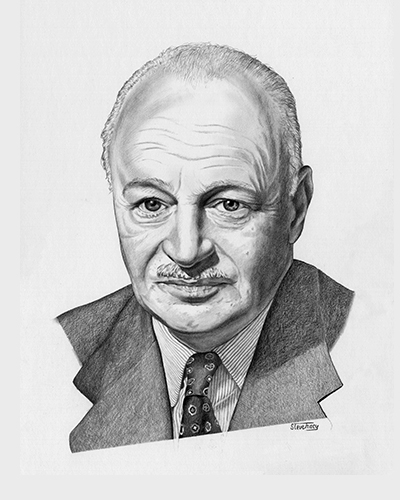
First Director General of the World Health Organization who became “Doctor to the World”
In the immediate aftermath of World War II, a new commitment to international cooperation helped create the United Nations. One of the UN’s greatest agencies, the World Health Organization (WHO), has since been at the forefront of efforts to promote health and well-being worldwide. Canadian Major General Dr. G. Brock Chisholm, one of the founders of WHO, served as its first Director General from 1948 until 1953. Dr. Chisholm led the WHO at a time when the world was struggling to recover from the devastation of war and the challenges of cholera in Egypt, malaria in Greece and Sardinia, as well as tuberculosis. As a result, he led the WHO’s response to the urgent needs for sanitation, child and maternal care, and public health worldwide.
Key Facts
Established Toronto’s first private psychiatric practice at the height of the Depression and would accept ‘payment in kind’ from his patients who could not pay cash
During the Second World War, he served as Director General of Medical Services, the Canadian Army’s highest ranking medical position
Became Deputy Minister of Health for Canada in the country’s newly created Department of National Health and Welfare
His definition of health, as a state of complete physical, mental and social well-being and not merely the absence of disease or infirmity, is used in the WHO constitution
A profound critic of the dangers of nuclear war, and one of the first to warn about industrial pollution and uncontrolled population growth
A fiercely independent thinker with strong views on children’s education and social justice
Professional timeline
Impact on lives today
Dr. Chisholm played an instrumental role in building one of the world’s foremost international health organizations, the WHO. Since its founding, the WHO has developed initiatives in maternal and childcare, nutrition, environmental sanitation, mental health, and public health, to name only some of the ways it serves the world’s billions. Dr. Chisholm’s definition of health and his leadership in fostering health care across the world’s borders has impacted not only countless lives but also informed a more holistic approach to the well-being of a global population.
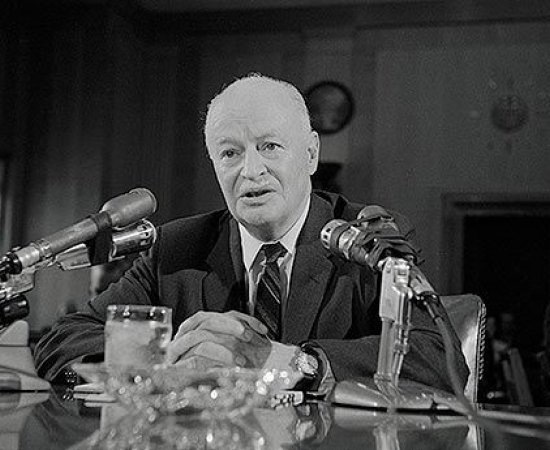
2019
-
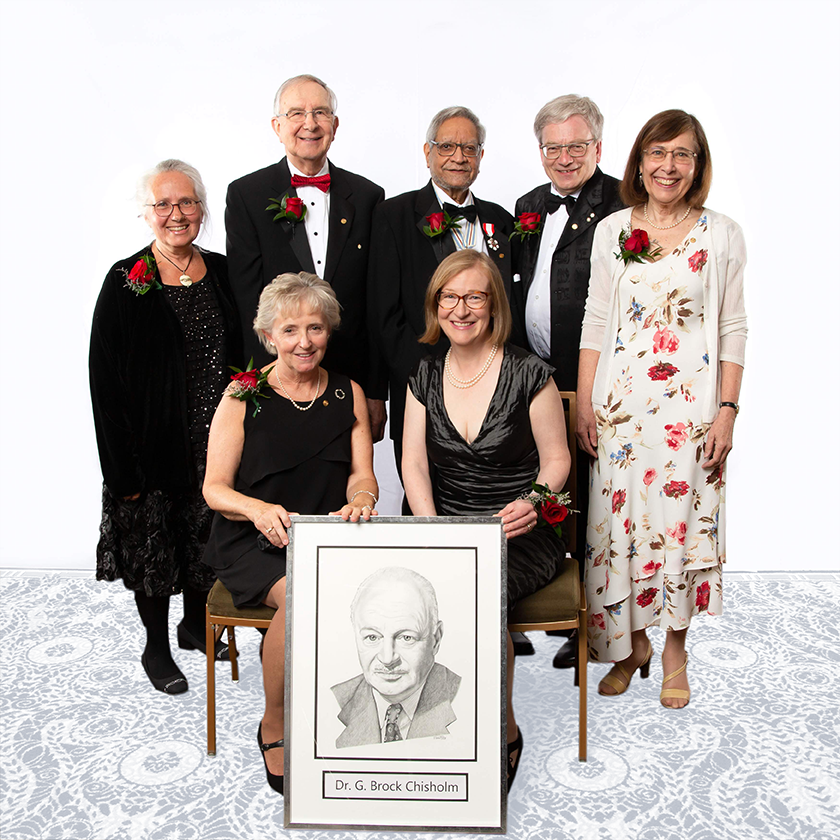
G. Brock Chisholm was inducted posthumously into the Canadian Medical Hall of Fame
Montreal, Québec
-
Participated in the first of a series of seminars on the dangers of nuclear arms in Pugwash, Nova Scotia
This series was awarded the Nobel Peace Prize in 1995.
-

WHO Constitution was accepted by 79 states
Global HealthIt proclaimed the health of all people to be fundamental to the attainment of peace and security.
-
G. Brock Chisholm became “Doctor to the World” when appointed first Director-General of the WHO
Global Health, Leadership in Organizational DevelopmentHe served in that position until 1953.
-
United Nations appoints Dr. Chisholm as the executive secretary of a 16-person expert commission tasked with establishing the World Health Organization
Global Health -
Appointed Deputy Minister of Health for Canada in the federal government’s newly created Department of National Health and Welfare
-
Brock Chisholm became the Canadian Army’s Director of Personnel Selection and introduced mental health as a component of recruitment and management
Public Health, Health Promotion & AdvocacyHis assessment template was later adopted by American and British forces.
1941
He realized that health was not an issue for individual nations, but for the world as a whole.

